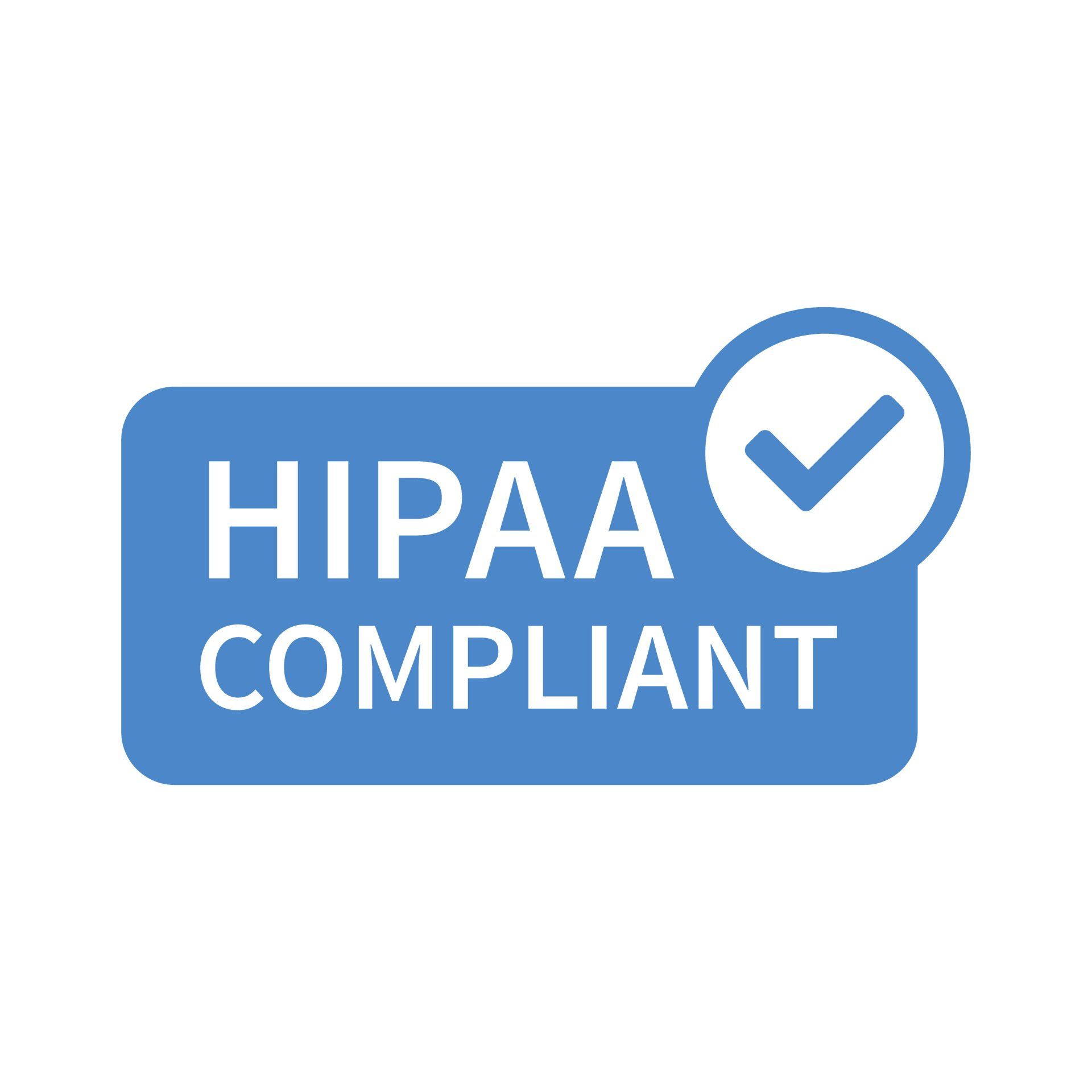Quality Management and Compliance
Quality Management works to ensure that we are compliant with local, state, and federal regulatory and licensure requirements; performs rights investigations; and monitors our electronic health record for appropriate use and documentation.
Client Rights
Hampton-Newport News Community Services Board
CLIENTS RIGHTS SUMMARY
As a client of the Hampton-Newport News Community Services Board (H-NNCSB), you have certain rights.
I. RIGHT TO NOTIFICATION
You must be informed of your rights every year while in the program. You have the right to see and get a copy of the State Regulations and the H-NNCSB policy and the Rules of Conduct upon request.
II. RIGHT TO TREATMENT
You have the right to participate in the development of the treatment plan designed especially for you. You cannot be denied services solely on the basis of your race, national origin, sex, sexual preference, age, religion, handicap, or ability to pay. If you think you have been discriminated against by this program, you can contact the Regional Advocate, or any program supervisor. Your ability to pay must be taken into account when fees for services are set. If you are unable to understand and make decisions about treatment, an "authorized representative" may be appointed to make decisions for you.
III. RIGHT TO CONFIDENTIALITY
Your records will be released only with your consent, the consent of your authorized representative, by court order, or as otherwise required or permitted by law. You have the right to inspect and to copy your records at your own expense, except where it would be harmful to you. In that situation, a lawyer, doctor or psychologist you choose can see the records on your behalf. If you feel there are mistakes in your record, you can ask to have them corrected, and if the program doesn't change what you think is an error, you can place your statement about the error in your record.
IV. RIGHT TO CONSENT
You or your authorized representative must give informed consent to a treatment or service which presents a "significant risk" - that is, one that might cause some injury or have a serious side effect.
V. RIGHT TO DIGNITY
You have the right to be called by your preferred or legal name, to be protected from abuse, and to request help in applying for services or benefits for which you are eligible. If you are in a residential program, you have the right to a safe, sanitary and humane environment; to the provision of suitable clothing if it is not otherwise available; to confidential mail and telephone communications; personal meetings with professionals or counselors assisting you; and to observe religious practices which do not conflict with the rights of others or with the law.
VI. RIGHT TO LEAST RESTRICTIVE ALTERNATIVE
Your personal or physical freedom can be limited when necessary for your safety, the safety of other clients, or for treatment. You will be involved in decisions to limit your freedom and you will be told what has to happen for the limits to be removed. Restrictions can be applied without notice in emergencies.
VII. RIGHT TO BE COMPENSATED FOR COMPENSABLE WORK
You have a right to be paid for work you do for the program which the law says is "compensable" work. Personal housekeeping and work which is done as part of treatment and is not done mainly for the purpose of making money for the program is not "compensable" work.
VIII. RIGHT TO RETAIN CERTAIN CIVIL AND LEGAL RIGHTS
You still keep your basic rights when you enter this program: including the right to enter into contracts; to register to vote; to marry or divorce; to make a will; to use the courts, etc.
IX. RIGHT TO HEARINGS AND APPEALS
You may file a complaint with any program supervisor if you believe any of your rights under the Community Regulations has been violated. You have the right to meet the program supervisor investigating the complaint, and you may appeal the decision of the program director to the Local Human Rights Committee (LHRC).
X. RIGHT TO ASSISTANCE BY REGIONAL ADVOCATE
You will be assisted in making, resolving or appealing complaints about rights violations by the local, and then the regional, state appointed advocate. You may call or write:
Local Advocate:
- Local Advocate: Halima Rhea, H-NNCSB, 300 Medical Drive, Hampton, VA 23666, Telephone: (757) 788-0300
- Regional Advocate: Latoya Wilborne, Regional Human Rights Manager, Telephone: (757) 253-7061, E-mail Latoya.Wilborne@dbhds.virginia.gov
- If you need additional assistance to assure your rights, call the disAbility Law Center of Virginia at 1-800-552-3962 (toll free TTY number)
USTED TIENE EL DERECHO:
- a ser tratado con dignidad y respeto
- a ser informado sobre su tratamiento
- a participar en las decisiones de su tratamiento
- a tener privacidad en sus conversaciones
- a que sus quejas sean escuchadas y resueltas
- a indicar sus preferencias
- a hacer preguntas y a ser informado sobre sus derechos
Si Usted tiene alguna pregunta o si necesita cualquier ayuda
por favor diríjase al representante del programa o al
intercesor de derechos humanos.
Representante del Programa:
Halima Rhea / Local Human Rights Advocate
300 Medical Drive
Hampton, VA 23666
Intecesor de Derechos Humanos:
Regional Advocate:
Latoya Winborne, Human Rights Manager, Regional Office of Human Rights
1220 Bank Street, P.O. Box 1797, Richmond, VA 23218
You can download a printable version of your rights
here.
Human Rights Policies and Procedures
H-NNCSB has extensive human rights policies and procedures. You can view them in the documents section of this page.
Your Rights - Freedom of Information Act
The Virginia Freedom of Information Act (FOIA), located § 2.2-3700 et seq. of the Code of Virginia, guarantees citizens of the Commonwealth and representatives of the media access to public records held by public bodies, public officials, and public employees.
A public record is any writing or recording — regardless of whether it is a paper record, an electronic file, an audio or video recording, or any other format — that is prepared or owned by, or in the possession of a public body or its officers, employees or agents in the transaction of public business. All public records are presumed to be open, and may only be withheld if a specific, statutory exemption applies.
The policy of FOIA states that the purpose of FOIA is to promote an increased awareness by all persons of governmental activities. In furthering this policy, FOIA requires that the law be interpreted liberally, in favor of access, and that any exemption allowing public records to be withheld must be interpreted narrowly.
Your rights under FOIA:
- You have the right to request to inspect or receive copies of public records, or both.
- You have the right to request that any charges for the requested records be estimated in advance.
- If you believe that your FOIA rights have been violated, you may file a petition in district or circuit court to compel compliance with FOIA. Alternatively, you may contact the FOIA Council for a nonbinding advisory opinion.
TITLE VI STATEMENT
Title VI of the Civil Rights Act of 1964 prohibits discrimination on the basis of race, color, or national origin in programs and activities receiving Federal financial assistance. Specifically, Title VI provides that "no person in the United States shall, on the ground of race, color, or national origin, be excluded from participation in, be denied the benefits of, or be subjected to discrimination under any program or activity receiving Federal financial assistance." (42 U.S.C. Section 2000d)
The Civil Rights Restoration Act of 1987 clarified the intent of Title VI to include all programs and activities of Federal-aid recipients, sub-recipients, and contractors whether those programs and activities are federally funded or not.
Recently, the Federal Transit Administration (FTA) has placed renewed emphasis on Title VI issues, including providing meaningful access to persons with Limited English Proficiency.
Recipients of public transportation funding from FTA and the Virginia Department of Rail and Public Transportation (DRPT) are required to develop policies, programs, and practices that ensure that federal and state transit dollars are used in a manner that is nondiscriminatory as required under Title VI.
The document available below details how the Hampton-Newport News Community Services Board incorporates nondiscrimination policies and practices in providing services to the public. Hampton-Newport News Community Services Board's Title VI policies and procedures are documented in this plan and its appendices and attachments. This plan will be updated periodically (at least every three years) to incorporate changes and additional responsibilities that arise.
Hampton-Newport News Community Services Board is committed to ensuring that no person is excluded from participation in, or denied the benefits of its transportation services on the basis of race, color, or national origin, as protected by Title VI in Federal Transit Administration (FTA) Circular 4702.1B. If you feel you are being denied participation in or being denied benefits of the transit services provided by Hampton-Newport News Community Services Board or otherwise being discriminated against because of your race, color, national origin, gender, age, or disability, our contact information is:
Compliance and Standard Manager
Hampton-Newport News Community Services Board
300 Medical Drive
Hampton, Virginia 23666
| Description | Download Link - Click to Open or Download |
|---|---|
| H-NNCSB Title VI Plan | Title VI |
| Cultural Competancy Plan | Cultural Competency |
| Language Access Document | Language Access |
| Title VI and ADA Complaint Form | Complaint Form |
| Client Rights | Client Rights |
| Human Rights | Human Rights |
Complaint Process
As a consumer of the Hampton-Newport News Community Services Board (H-NNCSB), you have a right to make a complaint that the H-NNCSB has violated any of the rights assured under the Human Rights Rules and Regulations. If you or any of your family members have a complaint about services, staff, billing, real or perceived conflict of interest, or anything else related to our operations, please let a staff member know. We value your feedback and are committed to addressing your concerns. In addition, you have the right to access a human rights advocate for assistance with filing your compliant. In the event you file a complaint, the H-NNCSB will ensure your protection from retaliation and harm.
You may express your complaint to any of the following parties:
- The staff member of concern;
- The supervisor of this staff member and/or the program supervisor;
- Any member of your treatment team;
- The Quality Management Division at (757) 788-0300; and/or
- DBHDS Office of Human Rights – Regional Advocate Reginald Daye at (757) 253-7061.
If you let a staff member know about your complaint, the staff member will notify the Human Rights Advocate in the Quality Management (QM) Division and someone from QM will contact you within 24-hours or one (1) business day.
When filing a Human Rights complaint about a licensed program, you have the right to have your complaint reviewed, investigated and resolved as soon as possible. Per regulatory guidelines, we have ten (10) business day to complete the investigation process unless an extension has been formally requested through the Office of Human Rights. You have the right to be notified, in writing, of the Executive Director’s decision and action plan, and information on how to file an appeal to our findings(s) and action plan should you disagree.
If you have any questions about the complaint process, you may contact the Quality Management Division at (757) 788-0300.
A printable version of this text is available here.




